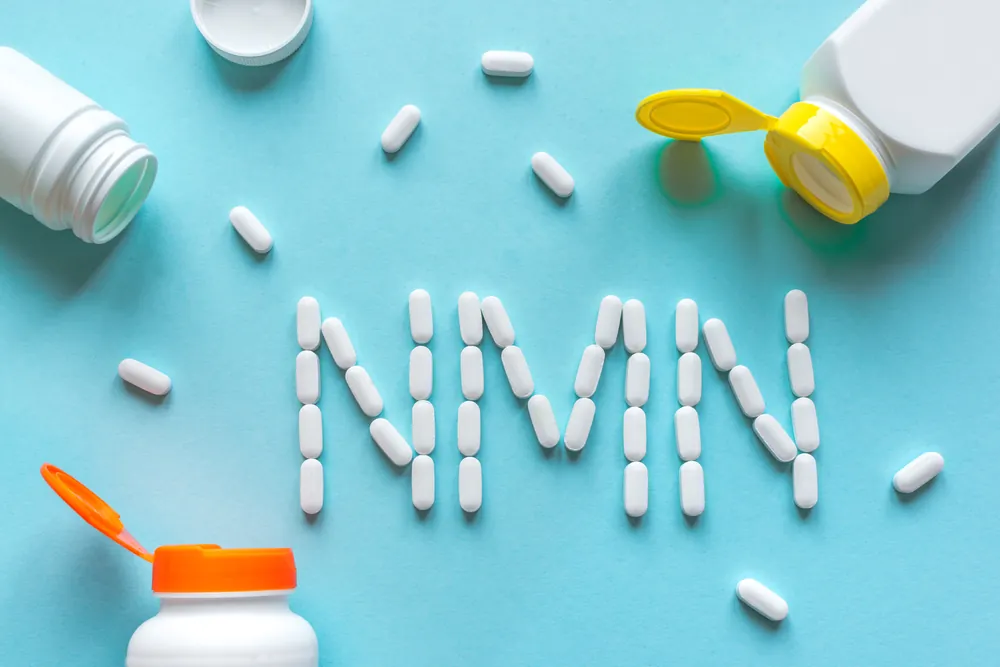

Nicotinamide Mononucleotide (NMN) has garnered significant attention in the wellness and longevity sectors due to its potential benefits in boosting NAD+ levels, which are crucial for cellular energy and metabolism. However, as the popularity of NMN supplements rises, so does the need for stringent regulatory frameworks to ensure consumer safety and product efficacy.
1. Global Regulatory Landscape
United States: In the U.S., NMN is marketed as a dietary supplement. The Food and Drug Administration (FDA) oversees dietary supplements but does not approve them before they reach the market. Manufacturers are responsible for ensuring their products are safe and accurately labeled. However, NMN's status has been under scrutiny. In 2022, the FDA indicated that NMN is prohibited as a health supplement, citing its authorization for investigation as a new drug, which restricts its use in dietary supplements .
European Union: The EU classifies NMN as a novel food, meaning it cannot be sold unless it has been authorized through a safety assessment by the European Food Safety Authority (EFSA). Currently, NMN has not undergone this process, making its sale as a food ingredient illegal .
China: In China, NMN is not approved as a food additive, new food raw material, or health food. The National Health Commission has clarified that NMN cannot be produced or sold as food or medicine. However, it can be legally imported for personal use through cross-border e-commerce platforms, provided it does not make health claims .
Japan: Japan has recognized NMN as a food ingredient since 2020. The Ministry of Health, Labor and Welfare has included NMN in the Directory Distinguishing Food and Drug Ingredients, allowing its use in health supplements. Manufacturers must ensure products meet safety and labeling requirements, and claims about health benefits must be substantiated .
2. Safety and Efficacy Standards
While regulatory agencies set the framework for product safety, the responsibility also lies with manufacturers to adhere to Good Manufacturing Practices (GMP). These practices ensure that products are consistently produced and controlled according to quality standards. Independent third-party testing is crucial for verifying the purity, potency, and safety of NMN supplements.
Clinical studies have assessed the safety of NMN supplementation. A study involving 31 healthy adults administered 1250 mg of NMN daily for four weeks and found no adverse effects, indicating that NMN is safe and well-tolerated at this dosage . However, long-term safety data is limited, and further research is needed to establish comprehensive safety profiles.
3. Consumer Considerations
For consumers considering NMN supplementation, it's essential to:
Consult Healthcare Providers: Before starting any new supplement regimen, especially for individuals with underlying health conditions or those on medication.
Verify Product Quality: Choose products from reputable manufacturers that provide transparency about sourcing, manufacturing processes, and third-party testing results.
Be Cautious of Claims: Avoid products that make unsubstantiated health claims, as these may not be backed by scientific evidence or regulatory approval.
4. The Role of NMN-Singapore.com
NMN-Singapore.com offers NMN supplements aimed at enhancing vitality and supporting healthy aging. While the website provides information on NMN's potential benefits, consumers should exercise due diligence by researching the product's sourcing, manufacturing practices, and third-party testing to ensure safety and efficacy.
The regulation of NMN supplements varies globally, reflecting differing approaches to consumer safety and product efficacy. While some regions have established frameworks for NMN use, others continue to evaluate its safety and efficacy. Consumers should stay informed about the regulatory status of NMN in their respective countries and make informed decisions when considering supplementation. As the body of scientific research grows, it's anticipated that regulatory standards will evolve to better safeguard consumer health.